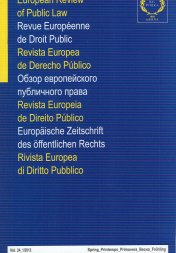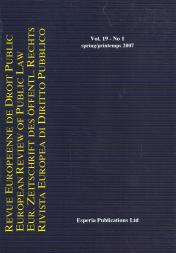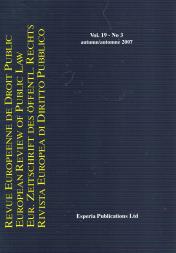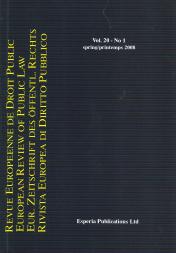
Constitutional Law / Droit constitutionnel
2020-2021
Russia / Russie
Junior Research Fellow, Law Faculty of St. Petersburg State University
PhD, Associate Professor of Constitutional Law, Law Faculty of St. Petersburg State University PhD, Head of the Department of Theory and History of State and Law, Associate Professor of Constitutional Law, Siberian Institute of Management – Branch of the Russian Presidential Academy of National Economy and Public Administration
PhD, Head of the Department of Theory and History of State and Law, Associate Professor of Constitutional Law, Siberian Institute of Management – Branch of the Russian Presidential Academy of National Economy and Public Administration
Two major events determined the constitutional development of Russia in 2020 and 2021. The constitutional reform proposed by the President and adopted by plebiscite was the first one. It has further strengthened the presidential power and caused many changes in ordinary laws, especially those on political institutions and the judiciary. The second one is the fight of the government against the COVID-19 pandemic. Against this background, the parliamentary elections were held without much surprise. In addition, there are also a few important decisions made by the European Court of Human Rights that are worthy of notice in this chronicle.
Deux événements majeurs ont déterminé le développement constitutionnel en Russie en 2020 et 2021. Le premier a été la réforme constitutionnelle proposée par le président et adoptée par plébiscite. Elle a encore renforcé les pouvoirs présidentiels et provoqué de nombreux changements dans les lois ordinaires, notamment celles relatives aux institutions politiques et au pouvoir judiciaire. Le second événement a été la lutte du gouvernement contre la pandémie de COVID-19. Dans ce contexte, les élections au Parlement se sont déroulées sans grande surprise. Par ailleurs, quelques décisions importantes de la Cour européenne des droits de l’homme méritent de figurer dans cette chronique.




















